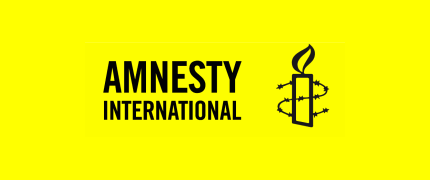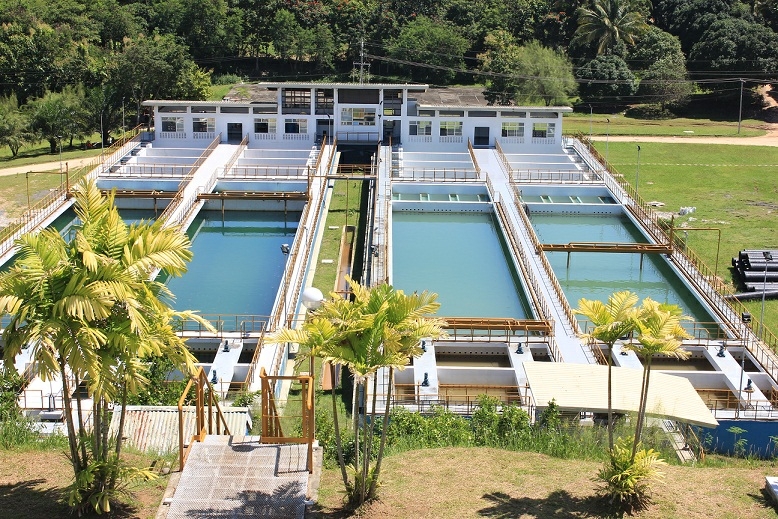HUMAN rights groups took turns in criticizing the government over its report to the United Nations Human Rights Council (UNHRC), calling it a faḉade of the real human rights situation in the country.
The criticism comes after the UNHRC adopted the fourth Universal Periodic Review (UPR) report on the Philippines’ human rights record on March 27, which included views and recommendations on unresolved human rights violations such as extrajudicial killings, enforced disappearances, illegal detention, torture, and other forms of human rights violations.
Several member-states, however, expressed concern about red-tagging, anti-terrorism efforts not conforming to human rights standards, and attacks on journalists and human rights defenders in the country.
Iglesia Filipina Independiente-Pagadian Bishop Antonio Ablon said on Thursday, March 30, that the report presented by Philippine Ambassador to Switzerland Ivan Garcia to the UN rights council was “misleading at best.”
Ablon was in Geneva to represent the National Council of Churches of the Philippines, which is part of a delegation of Filipino human rights advocates, said the Philippine government “only covered up its accountability for the tens of thousands of victims who were violated of their civil and political rights throughout the UPR process.”
“While I was listening to the presentation of Ivan Garcia, I was wondering if he was indeed reporting on the human rights situation in the Philippines because it sounded like our country is the safest country to live in,” Ablon said.
Ablon’s delegation presented its own report on the human rights situation in the Philippines.
In another report, Nobel laureate Amnesty International (AI) said the killings under the pretext of a bloody war on drugs and state repression that started during the administration of former president Rodrigo Duterte have continued under President Ferdinand Marcos Jr.’s administration.
“Repression of dissent intensified and freedom of expression was further restricted as human rights defenders, political activists, journalists, and others were subjected to unlawful killings, arbitrary arrest, and detention. Authorities blocked the websites and ordered the closure of independent media,” AI’s report read in part.
AI cited data culled by the University of the Philippines-based research group Dahas which showed that there were 324 drug-related killings involving the police and still unidentified assailants when the Marcos administration started in 2022. Some 175 of these extrajudicial killings supposedly happened after July 2022 or right after Marcos Jr. succeeded Duterte.
AI took to task the UNHRC for what it said was its failure to renew the Office of the United Nations High Commissioner for Human Rights’ task to monitor and report on the human rights situation in the Philippines.
“The joint UN human rights capacity-building and technical assistance program continued but was criticized for lack of progress in key areas,” AI said.
Karapatan secretary-general Cristina Palabay, during her oral statement before the UNHRC, said there has been no substantial improvement in the state of civic and democratic space in the Philippines.

“Government policies on the counter-insurgency and drug war have not been rescinded, resulting in continuing extra-judicial killings, including those of human rights defenders,” Palabay told the UNHRC.
She said they were disappointed because the Philippine government accepted only 215 of the 280 recommendations put forth by the council.
It showed, she said, the government’s refusal to support certain recommendations, such as those urging the Marcos administration to consent to the Rome Statute of the International Criminal Court, permit UN special procedures, and put an end to the war on drugs in the country.
“Taking these as ‘noted’ is diplomatic speak for rejection,” Palabay said.

Meanwhile, New York-based Human Rights Watch (HRW), admonished the Marcos administration for what it termed as “double talk” on human rights.
“The international community should not be fooled by the Philippine government’s duplicity and rhetoric. The Marcos administration’s avowed commitments to protect human rights and fight impunity will be shown by whether it cooperates with the ICC’s investigation,” HRW-Asia director Elain Pearson said in response to the Philippine government’s report.
Disclaimer
Mindanao Gold Star Daily holds the copyrights of all articles and photos in perpetuity. Any unauthorized reproduction in any platform, electronic and hardcopy, shall be liable for copyright infringement under the Intellectual Property Rights Law of the Philippines.










